DAWID KASPROWICZ
On Thursday, January 9, 2025, KHK c:o/re director Gabriele Gramelsberger gave a lecture at the 121st annual meeting of the American Philosophical Association (APA), Eastern Division, in New York. Her lecture, titled “Philosophy of Digitality: The Origin of the Digital in Modern Philosophy”, was given in relation to the award of the K. Jon Barwise Prize by the APA in 2023 for her significant and sustained contributions to philosophy and computing.
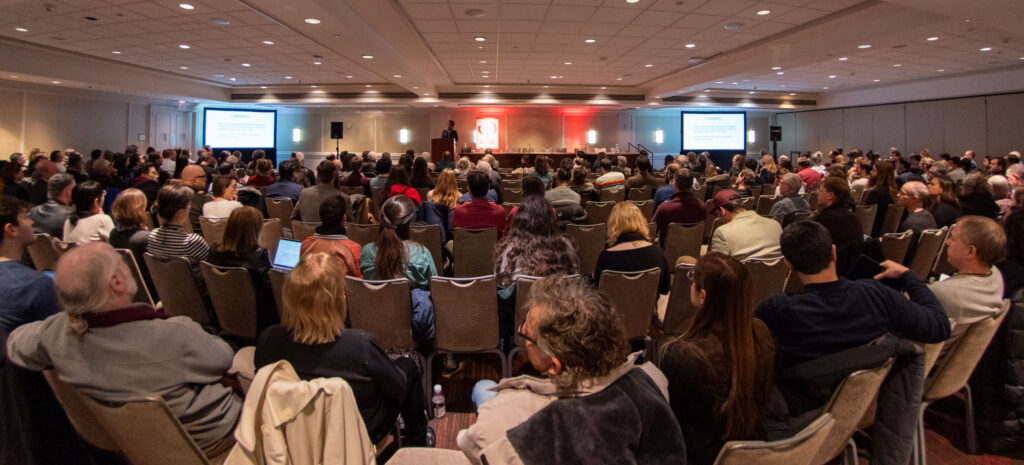
photo credits: American Philosophical Association
Robin Hill, computer scientist from the University of Wyoming and a longtime member of the APA, introduced Prof. Gramelsberger and chaired through the session. Named after the American mathematician and philosopher K. Jon Barwise, the prize honors since 2002 scholars for their lifelong efforts in the disciplines of philosophy and computing, especially in the fields of artificial intelligence and computer ethics. Next to Prof. Gramelsberger, who received the prize for 2023, the Israelian philosopher Oron Shagrir from the Hebrew University Jerusalem received the Barwise Prize for 2024. Among the former winners of the prize are well-known philosophers such as Daniel Dennett, David Chalmers or Jack Copeland. Gabriele Gramelsberger was the third woman who won this award.
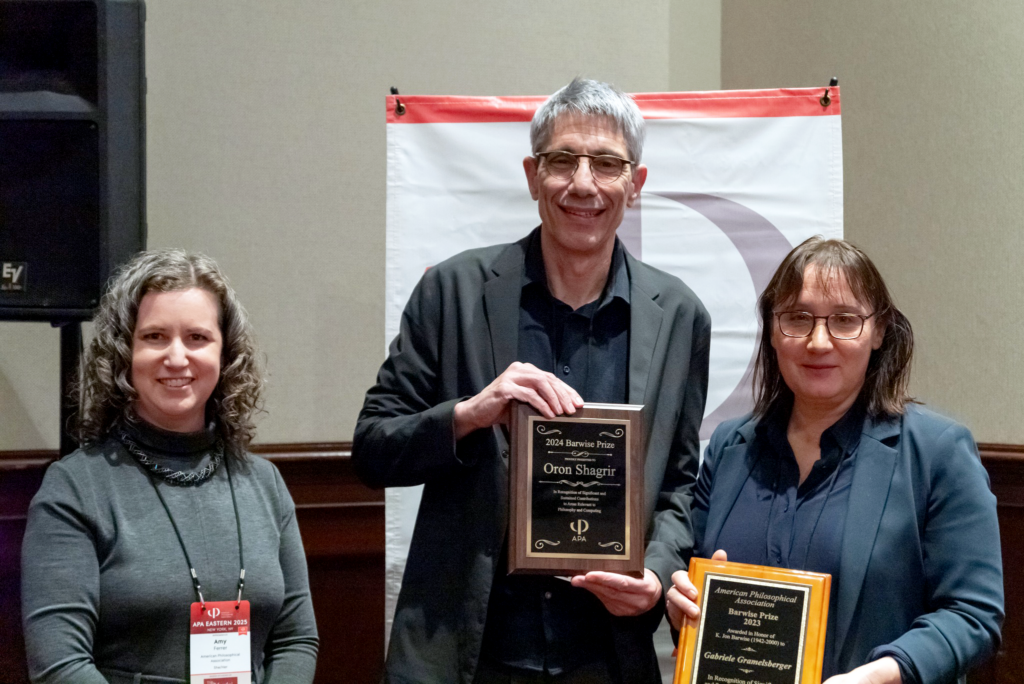
Prof. Gramelsberger presented two parts in her lecture: in the first, she introduced her conception of a philosophy of digitality since the modern age, and in the second, she highlighted some current challenges for philosophers to describe digitality as a socio-cultural phenomenon. It is not common in philosophy to relate the digital to thinkers of the modern age. In doing so, Prof. Gramelsberger began her talk with a schema how a prehistory of the digital could be written – a history that does not start with machines and technological objects, but with a reinterpretation of writings such as René Descartes’ Discourse de la méthode from 1637. In this classical book, Descartes did not only introduce a procedure how to separate right from wrong in scientific judging. Following Prof. Gramelsberger, he was also one of the first who systematically described thinking as a cognitive process, a process which could be distinguished in several steps that build up on each other. Instead of only considering the right inference from the premises (as done in syllogistic reasoning), Descartes also conceived thinking as a series of discrete steps that one has to execute appropriately to split a bigger problem into several smaller ones. It is this discrete and procedural way to describe thinking that we also find in the papers of the AI-pioneers Allan Newell and Herbert Simon and their General Problem Solver, as Prof. Gramelsberger argued.
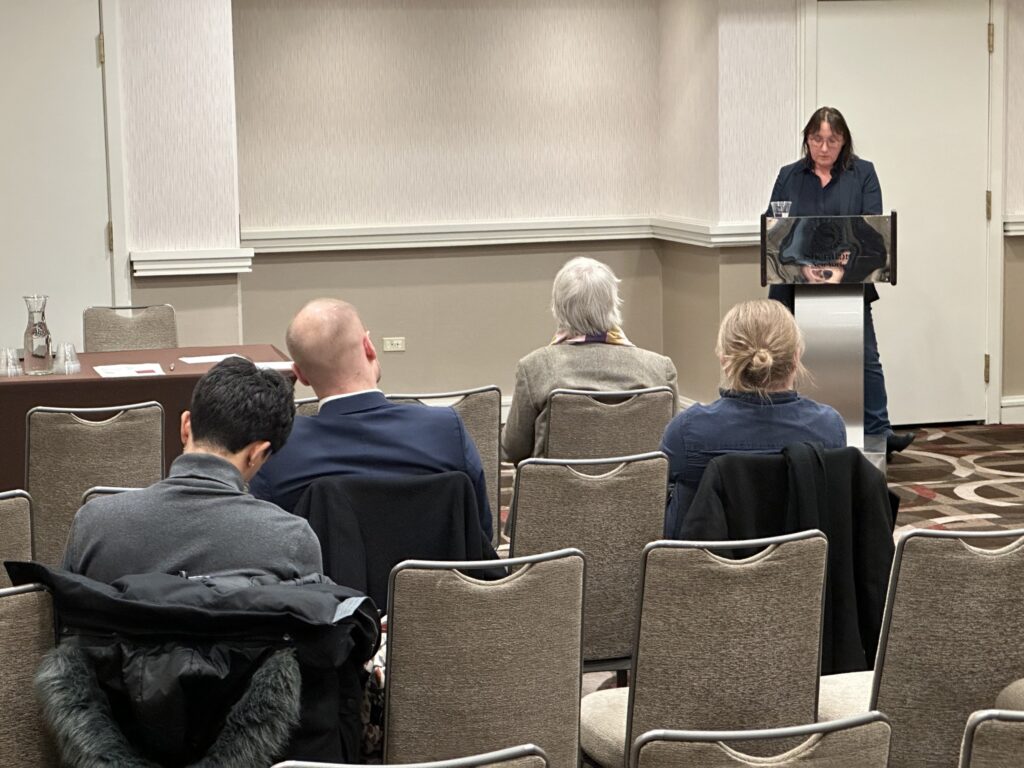
While Descartes introduced the first discretization of cognitive processes, Leibniz went further to describe cognitive operations with a symbolic system. This artificial language consisting of arithmetic, algebra and logic should constitute the adequation between the object and the concept, between the relations of objects and the judgments. In this sense, Leibniz not only introduced the symbolic order to formulate possible experiences in the real world, he was also able to replace the qualitative and substance-oriented with a formal and quantitative one. This equivalence of being with the formal calculus allowed him to extend the conditions of possible experiences into the transcendence of mathematical operations. From here, Prof. Gramelsberger argued, it is not far anymore to rule-based cognitive operations that could also be externalized – and this is exactly what pioneers of digital computers such as C. Babbage did in the 19th century (see also in Gramelsberger 2023, p. 40-44).
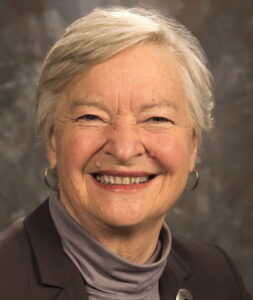

The execution of such mechanized operations happens today a billion times in a couple of seconds. Taking into consideration, as Prof. Gramelsberger highlighted, that there are more than five billion smartphones in the world, a philosophy of digitality has also to respond to digital cultures and their objects as an everyday experience of most people. In this regard, Prof. Gramelsberger presented in the second half of her talk a more critical and phenomenological approach. It is the operation of digital machines beneath our “phenomenological thresfold” that represents on the one hand a challenge for a philosophy of digitality, but on the other hand also a risk for the wellbeing of the users. In referring to the German concept of “cultural techniques” (Kulturtechniken) (Krämer and Bredekamp 2013), Prof. Gramelsberger illustrated that in cultural techniques such as writing, one always operates with discretized symbols – whether in alphabets or in the arithmetic sense. The fundamental difference with digital machines lies in the affective mode by which they address us, as the Barwise-awardee explained. Most often, the goal of social media communication would be to raise emotions, but the resources to do so are affects that are triggered beneath our threshold of intentional attention. At the end of her talk, Prof. Gramelsberger pointed sharply out to a threatening constellation where man has lost its ability to be “eccentric”, as the German philosopher Helmuth Plessner called it. Instead, in the age of an affective smartphone culture and massive data-storage (often owned by private companies), man becomes centric again and stays in one place to go through a myriad of affective-loaded communications that keep him in a loop to create even more data.
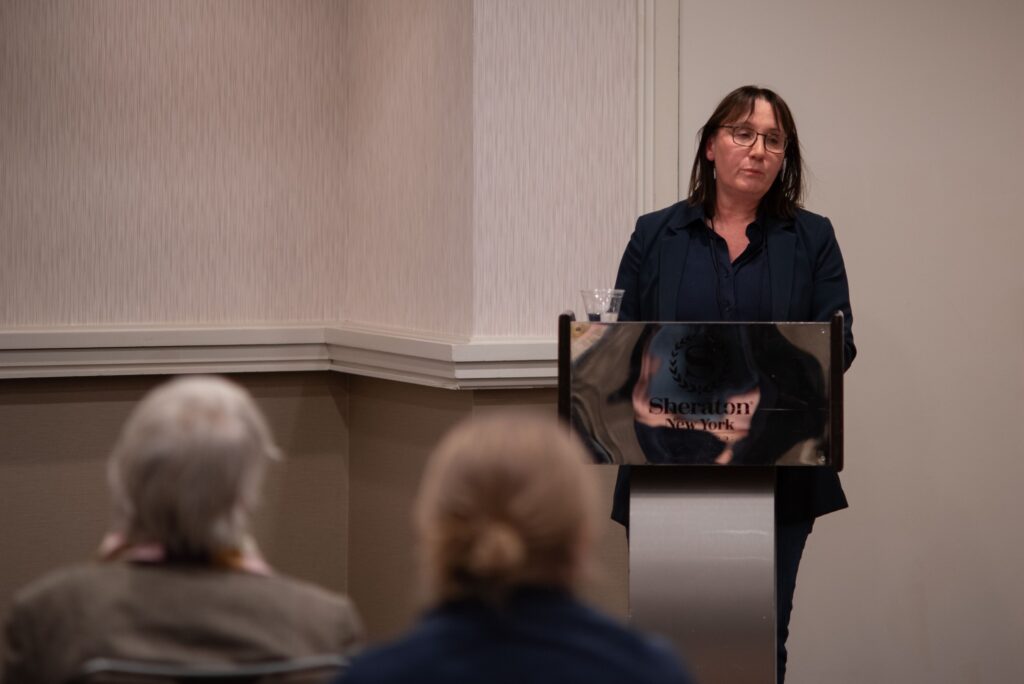
In his response to Prof. Gramelsberger’s talk, Zed Adams from the New School for Social Research in New York extracted three leading questions: These questions highlighted the relation of the analog and the digital, the question of the copy in the age of the digital, and the challenge how to describe the affective regime in our current smartphone culture. Adams offers to dig deeper into the challenge of a “Philosophy of Digitality” were also taken up vividly by the audience. Especially the distinction of affect and emotion evoked some discussions, but also the challenge how to describe the cultural impact of technologies such as AI with philosophical tools. A first answer was to find ways how to describe the less complex yet emotionally overwhelming ways we can observe in the use of social media apps. This could be a fist step to better understand how machines in the age of AI recentralize us as human beings – or decentralize us as the contingent result of data-management.
Gabriele Gramelsberger. 2023. Philosophie des Digitalen. Zur Einführung. Junius: Hamburg.
Sybille Krämer and Horst Bredekamp. 2013. Culture, Technology, Cultural Techniques – Moving Beyond Text. In: Theory, Culture & Society 30(6): 20-29. DOI: 10.1177/0263276413496287
Header Photo: Philipp Henzler, NYbyPhilippHenzler, CC0 1.0


